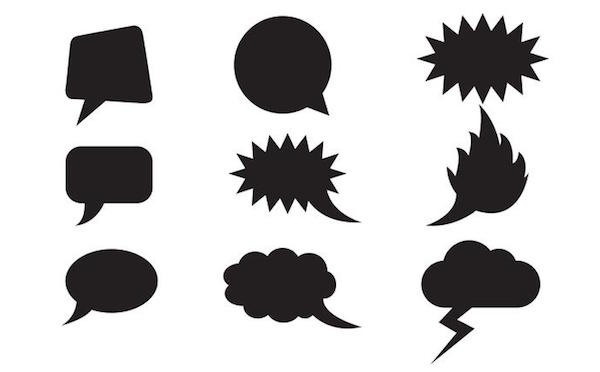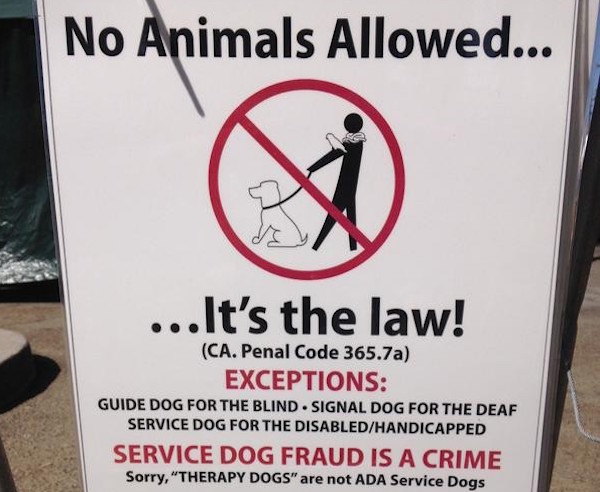Is free speech enough to fix our fractured public discourse?

The spikiest speech bubbles usually have the fewest strong points.
It’s a fascinating paradox: we live in a time with the easiest means to disseminate ideas that humans have ever had access to, and yet so much about the free exchange of ideas seems to be getting worse, not better. The supposed truisms simply aren’t holding up.
Many more of the most noble old ideas about free speech simply don’t compute in the age of social media. John Stuart Mill’s notion that a “marketplace of ideas” will elevate the truth is flatly belied by the virality of fake news. And the famous American saying that “the best cure for bad speech is more speech”—a paraphrase of Supreme Court justice Louis Brandeis—loses all its meaning when speech is at once mass but also nonpublic. How do you respond to what you cannot see? How can you cure the effects of “bad” speech with more speech when you have no means to target the same audience that received the original message?
This article (the whole thing is illuminating) touches on what may be the single biggest obstacle to widespread progress in today’s world. In order for an exchange of ideas, we have to be willing and able to trade beyond our (self-imposed, largely digital/media-based) borders.
